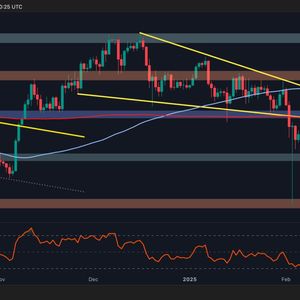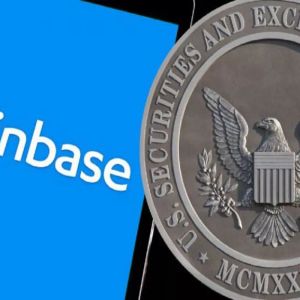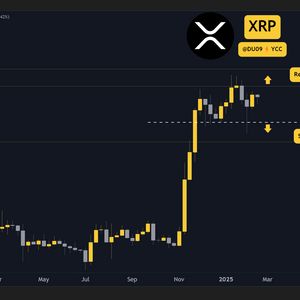CryptoQuant CEO Ki Young Ju believes Bitcoin’s bull cycle will persist as long as demand for Bitcoin ETFs remains net positive. In a Feb. 20 X post, Ju noted that while Bitcoin ( BTC ) ETF inflows have slowed, they continue to outweigh outflows. He warned that a prolonged period of net negative demand would likely signal the start of a bear market. #Bitcoin ETF demand has slowed but stays net positive. This bull cycle would last until significant ETF outflows emerge. Prolonged net negative demand would signal the start of a bear cycle. Demand and supply are all that matter—everything else is just noise. https://t.co/Zw3TqYliVP pic.twitter.com/MfbVT0W8cJ — Ki Young Ju (@ki_young_ju) February 20, 2025 According to SoSoValue data , Bitcoin ETFs recorded $71.07 million in outflows on Feb. 19, marking the second consecutive day of net redemptions. Fidelity’s FBTC saw the largest withdrawals at $48.39 million, followed by Valkyrie’s BRRR, ARK 21Shares’ ARKB, and VanEck’s HODL. Meanwhile, BlackRock’s IBIT and seven other ETFs saw no significant movement. Despite the short-term outflows, total trading volume remained strong at $2.05 billion. You might also like: Japan’s FSA weighs treating crypto as securities to pave way for ETFs: report Despite short-term outflows , institutional interest in Bitcoin ETFs is growing. On Feb. 14, Abu Dhabi’s Sovereign Wealth Fund, known as Mubadala Investment Company, disclosed that it had invested $436.9 million in BlackRock IBIT shares. The firm is one of the first major sovereign wealth funds to allocate part of its portfolio to crypto. Additionally, in a Feb. 13 filing with the Securities and Exchange Commission, Barclays revealed that it now owns 2.47 million shares of IBIT, valued at $131 million as of December 31. The UK-based bank is among other organizations, such as JP Morgan and Goldman Sachs, who have boosted their exposure to Bitcoin ETFs. Bitcoin is currently hovering $97,000, a significant drop from its peak of $109,200 last month. One of the main causes of this decline may be the market’s declining confidence in the Trump administration’s ability to quickly establish a Strategic Bitcoin Reserve. Many investors expected the market to move quickly after the election, but uncertainty has caused volatility to spike again. Read more: Crypto Task Force discusses staking in ETFs with Jito, Multicoin




















